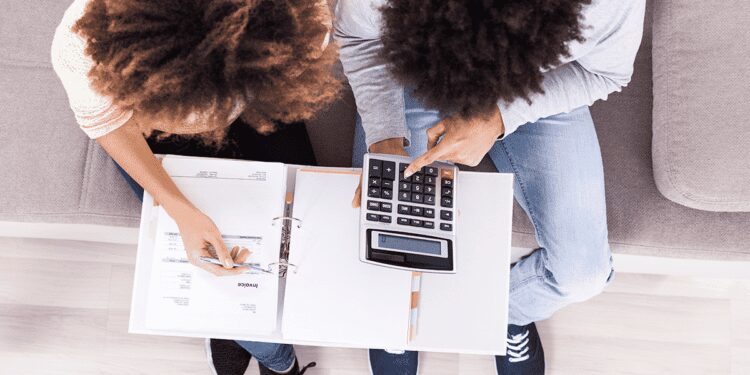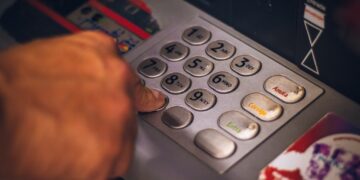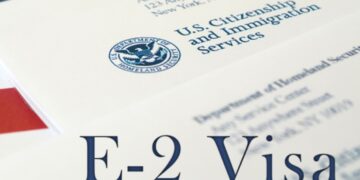It is not uncommon to be in some type of debt. Many people around the world carry some form of debt on their shoulders every single day. Whether you have credit cards, loans or you are just obligated to paying something else on a regular basis, the amount that you owe can become quite a burden. The more that you wind up owing, the less money you have for other things that are necessary in life. You may find that it is difficult to save up for emergencies, which in turn causes you to rely on more credit cards to pay for these types of expenses.
Thankfully, there are ways for you to tackle your financial problems and eliminate them entirely. It is important that you work on getting rid of balances as soon as possible so that you can experience financial freedom. Financial freedom enables you to put money away for other, more important things and prevents having to deal with creditors and loan sharks who are constantly hounding you down for what is due. If you are having a real problem with managing money, it is important to associate with a financial adviser who can help you out further.
Refinance

Refinancing simply means that you will work on each balance to extend its term length and get a better interest rate. One of the most problematic issues that many people face involves the high interest rates associated with the debts they have. You may be paying more in interest the longer that your balance is active, which simply gives more money to your creditors than you would like. Unfortunately, a lot of what you pay towards the balance is going to go towards interest rather than any leftover principal. This simply extends how much you spend over the course of the account’s life. If you have older student loans, refinancing them is a smart idea because you can get a lower interest rate with a company like Earnest, as well as an extended term. This brings down your payments each month so that they are a lot more affordable for you and your family.
Consolidate

Consolidation refers to lumping all of your balances onto one account. For example, you might currently have five credit card accounts out with a balance on every one of them. Paying all five bills each month has become confusing and you’ve missed a few because you either forgot or didn’t have the money. Now, you are saddled with late fees, high interest rates and a never-ending pile of bills that constantly come in the mail. Consolidation often involves taking out a personal loan or low-interest, high-balance credit card and lumping all of your debts onto just one simple payment. In doing so, you are making bill paying less confusing and you will find that it is actually cheaper for you to make one payment a month rather than four, five, six or more. In order to consolidate properly, you need to find an account, like a personal loan, that has a low rate and offers you the money necessary to pay off all of the other companies and lenders.
Create a Savings Account

Creating a savings account doesn’t necessarily help to pay off debts at first, but the account can help when it comes to preventing more from piling up. Emergencies happen and they often occur when we least expect them. Your car breaks down, your fridge stops working or your plumbing pipes burst randomly one morning. If you don’t have any cash in savings, you’re left having to pay for any and all of these things on your own. Unfortunately, this is when it’s likely that you’ll pay using a credit card, further putting you in debt. To prevent this from happening, you should work on building a savings account that can be used during emergency situations. Aim to save up at least $1,000, which provides you with a relatively large sum if you need quick access to cash. Automating your savings takes the guesswork out of doing this yourself, since you’ll be able to have money put into the account each week automatically.
Establish a Budget

One reason so many people are in so much debt is because they overspend. In fact, you might be overspending without even being aware of it. You might eat out a lot more than you cook at home, you belong to subscription and streaming services that aren’t necessarily needed or you spend a lot on the weekends when out with the family. All of these things can prevent you from saving up in the way that you want. Likewise, by spending too much each day, you’re less likely to have extra cash available to pay off existing debts. It is important that you establish a budget for yourself. Take your income to debt ratio into consideration and then decide how much you can or want to spend after paying all of your bills.
Work with Creditors

Creditors and collections agencies all have a bad name but in reality, they’re simply doing their jobs. These are normal, everyday people who are tasked with collecting money from individuals who owe larger companies and corporations. Likewise, these companies and corporations want to get paid, so they will sometimes settle for a smaller amount in terms of owed balance just because it guarantees some type of short-term reimbursement. If you’re struggling to pay your monthly bills and are finding that you’re consistently late and dealing with overwhelming fees, you need to speak with the collection’s agents. Tell them that you’re having a hard time and they will typically work with you to come up with a repayment solution that works both for you and for their company. You may find that they reduce debts, take away late fees or waiver entire balances in order to help you out. If you’re not getting anywhere, a financial adviser can help and will work with these creditors for you so that you don’t have to worry about doing all of the work on your own.












